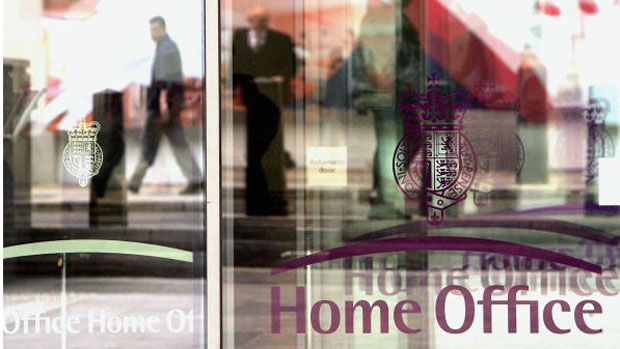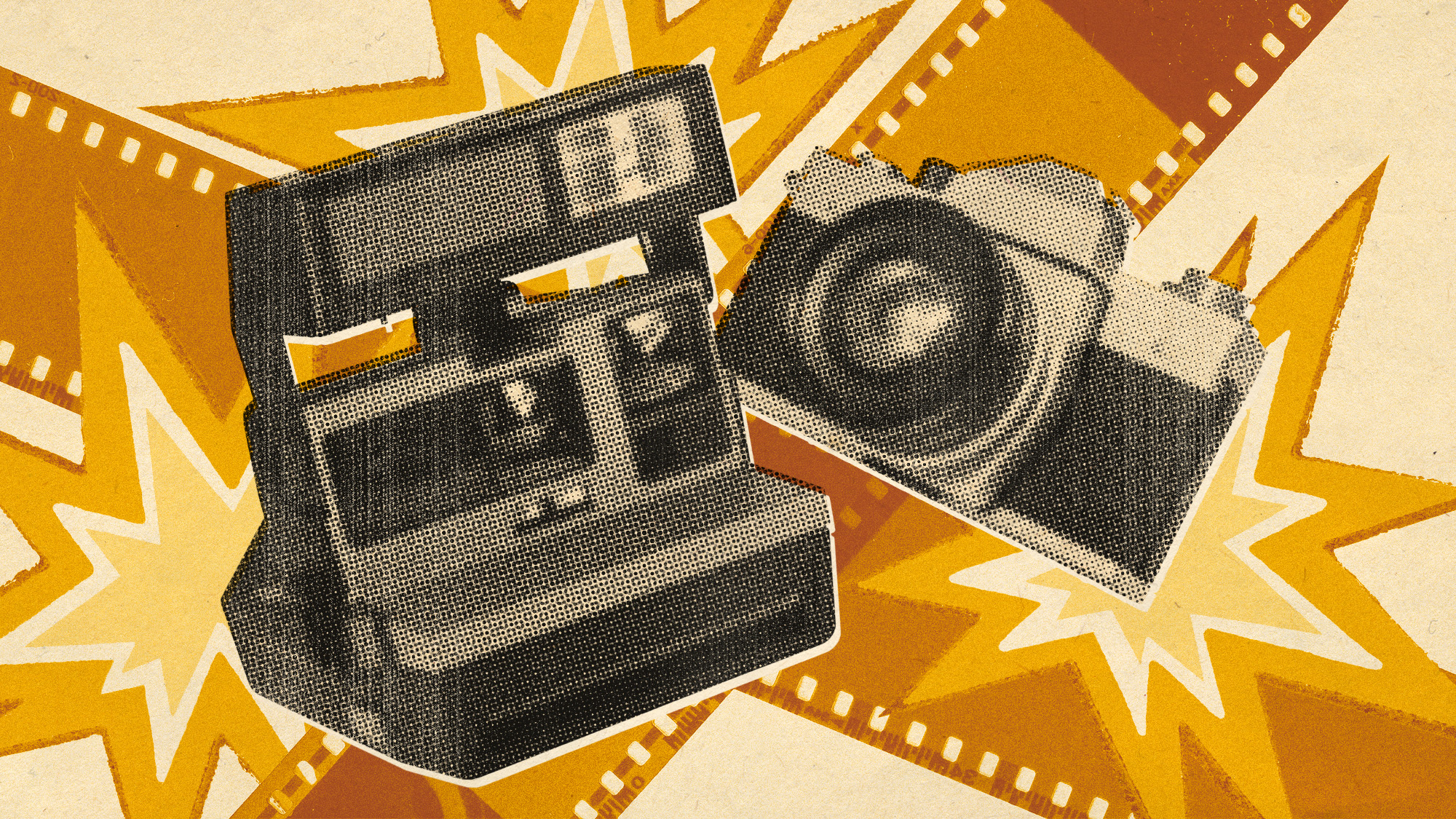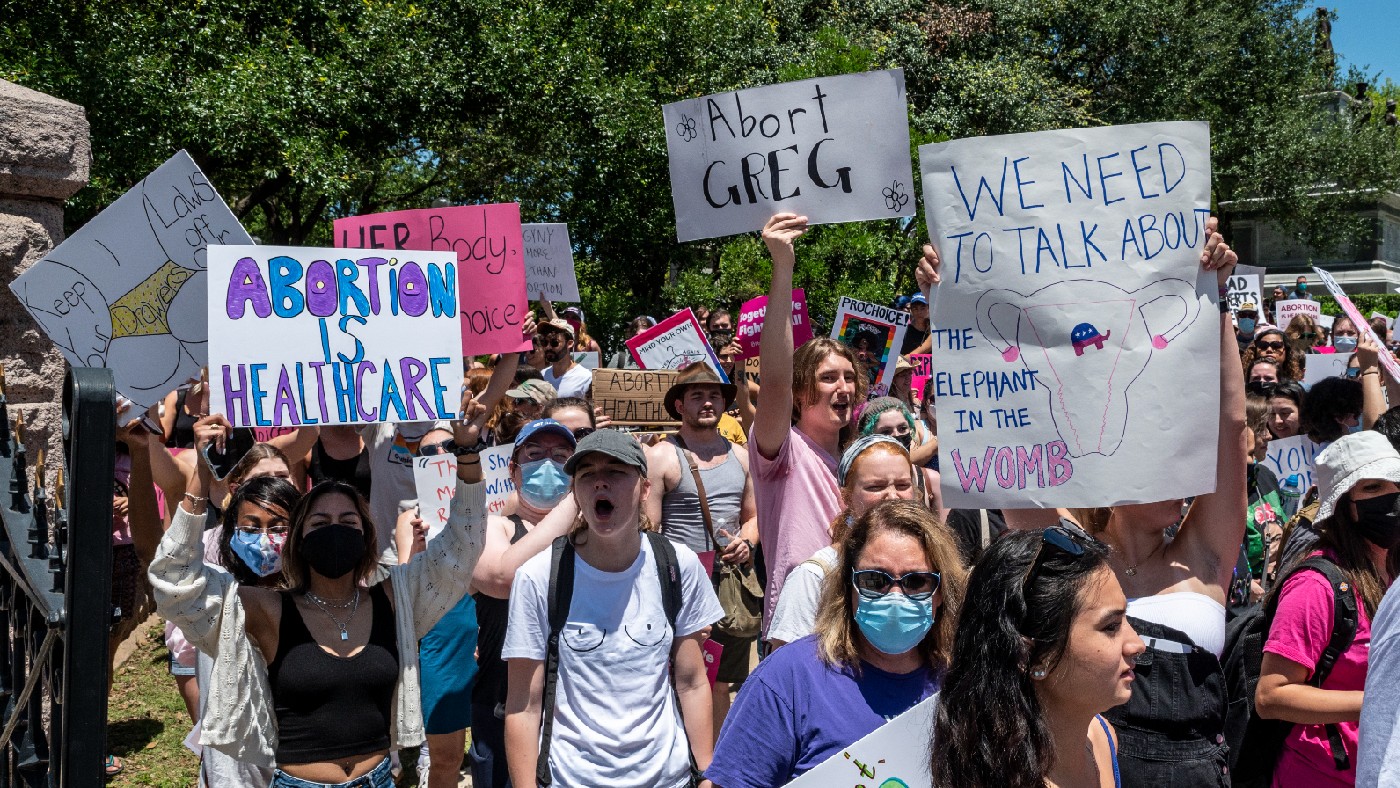Afghan atheist granted asylum in Britain on religious grounds
Lawyers argued man would face persecution for renouncing his faith if he returned to his homeland

A free daily email with the biggest news stories of the day – and the best features from TheWeek.com
You are now subscribed
Your newsletter sign-up was successful
AN AFGHAN man who renounced his faith in Islam is believed to have become the first atheist granted asylum in the UK on religious grounds.
Lawyers for the 23-year-old, who has not been named, said he could face a death sentence under sharia law if he returned to his homeland.
The man was brought up as a Muslim and fled his native country following a conflict involving his family. After arriving in England in 2007 at the age of 16, he was given temporary leave to remain until 2013 and gradually turned to atheism.
The Week
Escape your echo chamber. Get the facts behind the news, plus analysis from multiple perspectives.

Sign up for The Week's Free Newsletters
From our morning news briefing to a weekly Good News Newsletter, get the best of The Week delivered directly to your inbox.
From our morning news briefing to a weekly Good News Newsletter, get the best of The Week delivered directly to your inbox.
In his application to remain in the UK, his lawyers argued that if he returned to Afghanistan he would be persecuted for becoming an "apostate" – a person who has abandoned their faith – unless he remained discreet about his new beliefs. Living discreetly would be virtually impossible, however, because Islam permeates every aspect of daily life and culture in Afghanistan, they said.
The man's fears of persecution apparently increased when he attended a friend's wedding in Pakistan, where he said he was shocked by how people responded to him. According to evidence presented to the Home Office, he was told he could not sit and eat with people who were Muslim and he believed the situation would be worse in his home country.
His application was granted before the hearing stage at an immigration tribunal.
The Home Office's decision to accept denial of the existence of God as grounds for protection could set "a significant precedent" in asylum and immigration cases, says The Guardian.
A free daily email with the biggest news stories of the day – and the best features from TheWeek.com
The case was taken up by Kent Law Clinic, a pro bono service provided by students and supervised by practising lawyers from the University of Kent's Law School, alongside local solicitors and barristers.
His solicitor Sheona York said she was "absolutely delighted" with the decision and said it "represents an important recognition that a lack of religious belief is in itself a thoughtful and seriously-held philosophical position".
-
 Political cartoons for February 16
Political cartoons for February 16Cartoons Monday’s political cartoons include President's Day, a valentine from the Epstein files, and more
-
 Regent Hong Kong: a tranquil haven with a prime waterfront spot
Regent Hong Kong: a tranquil haven with a prime waterfront spotThe Week Recommends The trendy hotel recently underwent an extensive two-year revamp
-
 The problem with diagnosing profound autism
The problem with diagnosing profound autismThe Explainer Experts are reconsidering the idea of autism as a spectrum, which could impact diagnoses and policy making for the condition
-
 Palestine Action: protesters or terrorists?
Palestine Action: protesters or terrorists?Talking Point Damaging RAF equipment at Brize Norton blurs line between activism and sabotage, but proscription is a drastic step
-
 Why has the Taliban banned pictures of living things?
Why has the Taliban banned pictures of living things?Under The Radar 'Virtue' ministry says banned images are contrary to sharia law
-
 Texas’s abortion law: the Republicans get their way, at last
Texas’s abortion law: the Republicans get their way, at lastSpeed Read SB8 authorises private citizens to sue anyone who performs, ‘aids or abets’ an abortion after six weeks of pregnancy
-
 Changing legal gender: what’s new and how does it work?
Changing legal gender: what’s new and how does it work?Speed Read Cost of a gender recognition certificate application is reduced from £140 to £5
-
 America’s bloodiest state votes to ban the death penalty
America’s bloodiest state votes to ban the death penaltySpeed Read Virginia has executed more than 1,300 people in its 400-year history
-
 FBI accused of ‘fake’ background check on Donald Trump Supreme Court nominee
FBI accused of ‘fake’ background check on Donald Trump Supreme Court nomineeSpeed Read Democratic senator calls for ‘proper oversight’ over Brett Kavanaugh investigation into sexual assault claims
-
 Family of Malcolm X claims letter proves FBI and NYPD involved in his murder
Family of Malcolm X claims letter proves FBI and NYPD involved in his murderSpeed Read Daughters of assassinated civil rights leader demand reopening of investigation
-
 Meghan Markle granted nine-month delay in Mail on Sunday privacy case
Meghan Markle granted nine-month delay in Mail on Sunday privacy caseSpeed Read Duchess of Sussex had applied for summary judgement in battle over letters sent to her estranged father